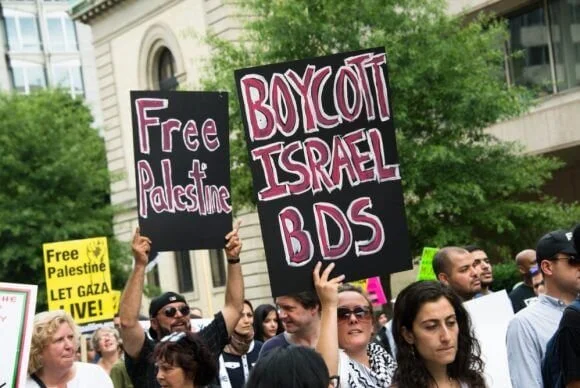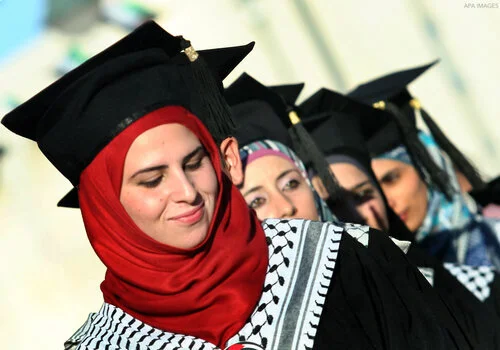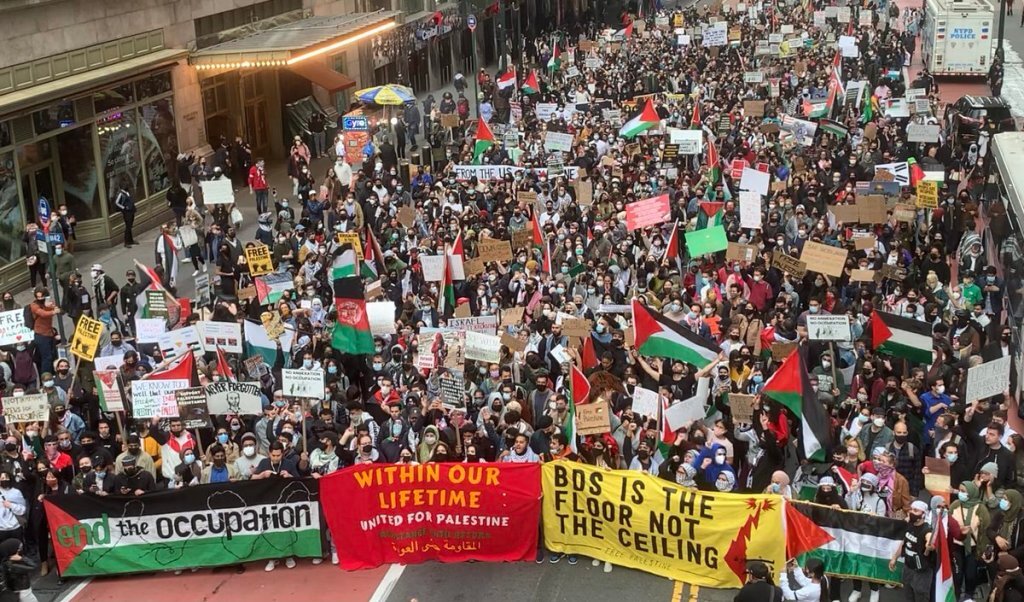Spotlight on Spring Palestine Protests: US Activists Speak Out Despite Backlash
/ Guest UserAs people of conscience around the world reacted to Israel’s intensified military and colonial violence against Palestinians throughout historic Palestine this spring, voices rang out from new corners in support of the Palestinian uprising.
In response, Palestine Legal witnessed a significant uptick in the amount and severity of backlash against Palestine advocates by Israel and its allies in the U.S.
Some of the backlash took a familiar form: Corporate censorship by social media companies, false accusations of antisemitism, and efforts to get people fired from jobs or kicked out of school all ramped up in intensity.
But as conversations around justice for Palestine reached new communities and areas of life, new trends emerged:
Teachers unions became hubs for activism.
Tech workers spoke out at Amazon, Apple, and Google.
The medical field and graduation ceremonies became hotspots for censorship.
We highlight here some of the major trends we witnessed in our cases and intakes and in the movement more broadly between May and June 2021.
Click through to explore the following themes in activism and backlash.
This week, Palestine Legal published our 2021 Year-in-Review documenting trends in backlash facing the movement for Palestinian rights in the U.S. and the movement’s resilience against them. As people rose up in solidarity with Palestinians, Palestine Legal witnessed an intensification of repression strategies by Israel and its allies in the United States as they attempted to thwart a shift in public opinion in favor of Palestinian rights.
Individuals, administrators, and organizations who had put out strong statements of support for Black and Asian lives and against state violence and racism in a domestic context suddenly came under fire for applying a similar logic to Palestinian rights and freedom.
Some complaints about messages of support for Palestinian freedom focused on getting workers or students fired from their jobs or expelled from school. Most of these efforts failed, but still caused harm to those impacted, and have a chilling impact on speech in support of Palestinians.
Doctors, medical students and workers all faced attacks for Palestine advocacy, including pressure not to speak out, the removal of a piece on Palestinian health from a well-known scientific magazine, and a campaign to remove a Palestinian doctor from her post at a hospital.
Palestinian students wishing to honor and celebrate their heritage were censored, threatened, or otherwise targeted by their administrations at both high school and college graduation ceremonies.
Widespread media reports of a rise in antisemitism as protests for Palestinian rights peaked in May relied on often false, misleading, decontextualized, and distorted information. The narratives were largely based on data from the ADL and other Israel advocacy groups, whose methodology has been called out as politically biased.
Recent developments demonstrate that the pro-Israel narrative is losing support in many sectors in society. Around the world, #BlockTheBoat protests have stood in solidarity with Palestinian workers. Labor unions, tech workers, and celebrities have also taken action in support of Palestinian freedom.








